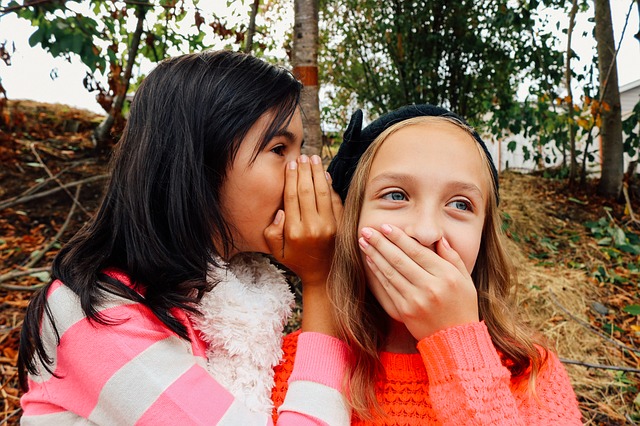Teens cope better with their friends
Research has found that teenagers’ reliance on their peers is good for their development and sense of belonging, particularly in the immediate aftermath of a stressful event, like failing a test. Murdoch University PhD student Bep Uink and her colleagues at Murdoch and Griffith Universities, 'partnered' with 108 socio-economically disadvantaged teens in the Metropolitan south west corridor.
Murdoch University PhD student Bep Uink and her colleagues at Murdoch and Griffith Universities, 'partnered' with 108 socio-economically disadvantaged teens in the Metropolitan south west corridor.
They gave the teenagers smartphones and asked them to record their moment-to-moment emotions and experiences.
Uink’s work consistently found that the adolescents coped better emotionally when they were with their friends rather than with adults after experiencing a stressor. Whether they were with friends in-person or online didn’t seem to matter.
“Social support and distraction may be some of the ways that peers help youths navigate the ‘ups and downs’ of daily life,” said Uink.
“While educators, parents and other adults may feel responsible for soothing teens’ stress, it is important to help young teens cultivate their power to help each other.
“This might mean developing social skills like kindness, empathy, or compassion.”
She and her colleagues underscore the need to continue “in vivo” research in the field with economically disadvantaged adolescents, because these youth tend to report higher rates of daily stressors more generally.
Uink added that this is compounded by the fact that they tend to have access to fewer resources to help them cope. [SOURCE]